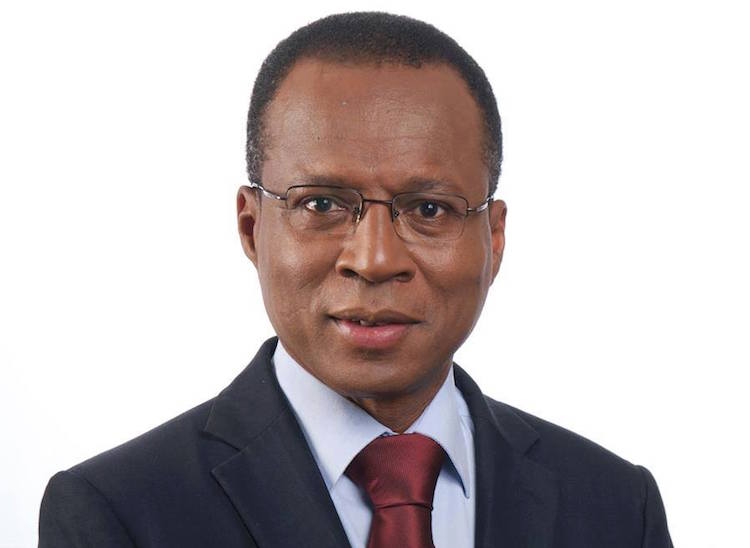By Lisa Vives, Global Information Network NEW YORK (IDN) – The gavel came down on January 22 on billionaire Israeli-French tycoon Beny Steinmetz who, a criminal court in Geneva ruled, bribed government officials in Guinea, West Africa, to enrich himself and his mining company with valuable assets of the African country. The ruling caps a […]
Sufficient Uranium Resources Exist to Support the Sustainable Use of Nuclear Energy
By Reinhard Jacobsen VIENNA (IDN) – A new report by the Nuclear Energy Agency (NEA) and the International Atomic Energy Agency (IAEA) says that sufficient uranium resources exist to support the long-term, sustainable use of nuclear energy for low-carbon electricity generation as well as for other uses such as industrial heat applications and hydrogen production.
Egypt Bashed for Arrest of Prominent Rights Defenders
By Lisa Vives, Global Information Network NEW YORK (IDN) – “Meeting with foreign diplomats is not a crime. Nor is peacefully advocating for human rights.” Those were the first words of Antony Blinken as he steps up to the plate and assumes the position of foreign policy adviser to President-elect Joe Biden. Blinken joins prominent […]
Media and Artists Join UN in Fighting COVID-19 Fake News
By Franck Kuwonu * NEW YORK (IDN) – Aissata Diop, a Senegalese mother of four, living in Pikine on the outskirts of the capital city Dakar, had long heard that consuming garlic and lemon could have health benefits. So, when her friend, Ramatou, displayed a message on her phone saying that drinking a daily bowl […]
The Elders Urge World Leaders to Take Action or Risk Nuclear Catastrophe
By Jutta Wolf BERLIN | LONDON (IDN) – A group of eminent world leaders, comprising The Elders, has called on the heads of states of five permanent members (P5) of the UN Security Council to use the 75th anniversary of the dropping of the atomic bomb on Hiroshima and Nagasaki “as a moment to reflect […]
Southeast Asia Rejects Confrontation to Tame ‘Increasingly Aggressive’ China
By Kalinga Seneviratne SYDNEY (IDN) – Australian Foreign Minister Marise Payne during a joint press conference in Washington on July 29 with her U.S. counterpart Mike Pompeo bluntly remarked that although the two countries often hold common positions because they share fundamental values, yet “we don’t agree on everything”. She not only refrained from echoing […]
A Train Tour for Children of the World into 2030
By J Nastranis NEW YORK (IDN) – Former Ambassador and Permanent Representative to the United Nations for Grenada, Mr Denis G. Antoine, has authored an extraordinary children’s book: Get on Board, Dear Children of the World. He served as a Vice President of the 69th Session of the UN General Assembly, marking the 70th anniversary […]
Cultural Wisdom Might Help Resolve India-China Conflict
By Kalinga Seneviratne This article is the 42nd in a series of joint productions of Lotus News Features and IDN-InDepthNews, the flagship of the International Press Syndicate. Click here for previous reports. SINGAPORE (IDN) – Indian Prime Minister Narendra Modi in a special address given on Asadha Poornima day on July 4 marking the anniversary […]
Traditional Polls Will Test Africa’s Resistance to COVID-19
By Lisa Vives, Global Information Network NEW YORK (IDN) – Africa’s infection rates are still relatively low to the wonderment of some in the western world who predicted infection rates in the billions. In fact, African governments in many cases took preventative steps – from closing borders, social distancing, shutting educational institutions and banning mass […]
Fake News Is ‘Infodemic’ That Puts Lives at Risk
By Lisa Vives, Global Information Network NEW YORK (IDN) – While Americans hotly debate the subject of “fake news,” Africans and others around the world marked a day for reflection on press freedoms in theory and in practice. The theme for this year’s event launched by the UN agency UNESCO was “Journalism without fear or […]



